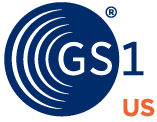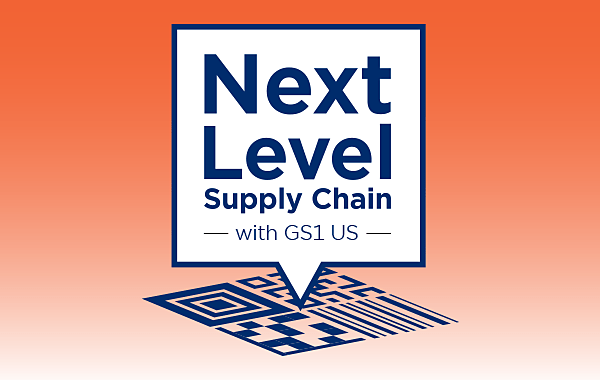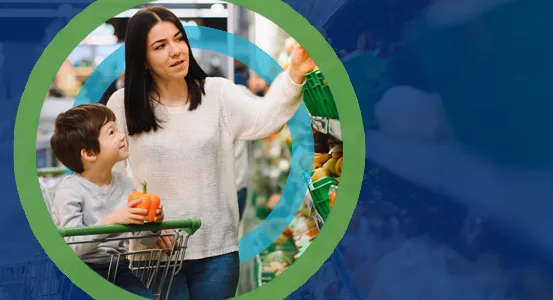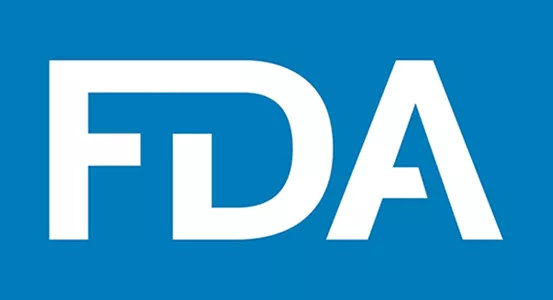 Important: All GS1 Standards and solutions are voluntary, not mandatory. It should be noted that use of the words “must” and “require” relate exclusively to technical recommendations for the proper application of the standards to support the integrity of your implementation.
Important: All GS1 Standards and solutions are voluntary, not mandatory. It should be noted that use of the words “must” and “require” relate exclusively to technical recommendations for the proper application of the standards to support the integrity of your implementation.
The U.S. Food and Drug Administration (U.S. FDA) Food Safety Modernization Act (FSMA), passed and signed into law on January 4, 2011 by President Barack Obama, enables the FDA to better protect public health by strengthening the food safety system. According to the FDA, FSMA was enacted in response to dramatic changes in the global food system and in our understanding of foodborne illness and its consequences. The goal of FSMA is to address preventable foodborne illness as a significant public health problem and a threat to the economic well-being of the food system. The law also provides the FDA with the ability to employ enforcement authorities to achieve higher rates of compliance of food safety standards and to better respond to problems when they do occur.
The FDA has finalized several major rules to implement FSMA, recognizing that ensuring the safety of the food supply is a shared responsibility across the global supply chain. These rules, making up a new food safety policy, will impact the food industry by creating mandatory prevention controls, new oversight using tools for inspection and compliance for producers and processors, and enhancements in the FDA's ability to effectively respond to recalls.

FSMA Compliance
Whether you are a food manufacturer, supplier, or a trading partner in the supply chain, it’s important to understand what you need to do for FSMA compliance. The FDA does not provide detailed steps on training employees for compliance. In 2020, the FDA proposed a new rule, commonly referred to as the Food Traceability Proposed Rule. It is considered a key piece of the New Era of Smarter Food Safety Blueprint. The rule implements Section 204(d) of FSMA that outlines the goals to enhance traceability, respond quickly to outbreaks and food contamination, and build a stronger food safety culture. It also helps encourage end-to-end food traceability across an increasingly complex food system. This rule is creating a strong sense of urgency among the entire food community to embed more digital, tech-enabled traceability systems both in the near and long term.
On November 21, 2022, the Final Rule, titled “Requirements for Additional Traceability Records for Certain Foods”, was published. As part of having a food safety plan or program, using GS1 Standards is one of the options outlined by the FDA to improve traceability and help meet FSMA requirements by the January 20, 2026 deadline.
Below are frequently asked questions that provide an overview of the final Food Safety Modernization Act (FSMA), Section 204(d), as well as guidance on how GS1 Standards can help your company meet the requirements.
FSMA Information and Guidance
In total, FSMA contains seven foundational rules to create a modern, risk-based framework for food safety. Below are the foundational rules and then a description of each:
The Produce Safety Rule establishes, for the first time, science-based minimum standards for the safe growing, harvesting, packing, and holding of fruits and vegetables grown for human consumption.
The goal of the Sanitary Transportation of Human and Animal Food Rule is to prevent practices during transportation that create food safety risks, such as failure to properly refrigerate food, inadequate cleaning of vehicles between loads, and failure to properly protect food.
The Protection Against Intentional Adulteration Rule requires risk-reducing strategies for processes in certain registered food facilities aimed at preventing intentional adulteration from acts intended to cause wide-scale harm to public health, including acts of terrorism targeting the food supply.
The FSMA rule on Accredited Third-Party Certification establishes a voluntary program for the accreditation of third-party certification bodies, also known as third-party auditors, to conduct food safety audits and issue certifications of foreign entities and the foods for humans and animals they produce.
This FSMA Final Rule for Preventive Controls for Human Food requires food facilities to have a food safety plan in place that includes an analysis of hazards and risk-based controls to minimize or prevent the identified hazards.
The FSMA Preventive Controls for Animal Food Rule requires manufacturers and processors of animal food to follow basic sanitation standards, conduct a hazard analysis, and write a preventive controls food safety plan.
FSMA 204
The FSMA 204 Rule, also known as the FDA Food Traceability Final Rule, requires companies to keep additional records for designated foods to protect public health. The FDA’s additional recordkeeping requirements are outlined in the Federal Register Notice. The rule was finalized in November 2022, and businesses will have until January 20, 2026 to comply. If you manufacture, process, pack, or hold any of the foods on the Food Traceability List, you are required to keep additional records on these items, according to the FDA.
The FDA has defined a set of metrics, called Key Data Elements (KDEs), that correspond to different events in the supply chain, known as Critical Tracking Events (CTEs). The metrics and tracking events map directly to several GS1 Standards. Critical Tracking Events are events that must be recorded to allow for effective traceability of products in the supply chain. In the GS1 System of Standards, a Key Data Element, such as the Global Trade Item Number® (GTIN®), can be tied to a Critical Tracking Event, or the place where it is shipped, delivered, transformed, or purchased. It is important to note that a unique identifier that helps identify a location or party along the supply chain, such as a Global Location Number (GLN), is needed to tie the events to the data elements. The GS1 US Application of the GS1 System of Standards to Support FSMA 204 illustrates mappings between the Final Rule’s CTEs and KDEs and attributes from applicable GS1 Standards, such as the Global Location Number (GLN).
Case Study: Culinary Collaborations LLC

FSMA Certification and Training
Different stakeholders have different needs when it comes to getting educated on FSMA 204. Focusing on advancing knowledge in the food industry to meet requirements will go a long way toward creating a safer food supply chain. Although there is no formal, accredited certification and members of the food industry are responsible for getting the training they need to comply with FSMA rules, GS1 US, along with solution partners, industry leaders, and food association partners, have worked – and continue to work – together to provide resources in support of FSMA 204.
Using the common language of standards, the entire food community will be able to adopt more proactive, efficient traceability programs that meet the requirements of a major food safety system overhaul that will protect the public – and the world – from harm.






